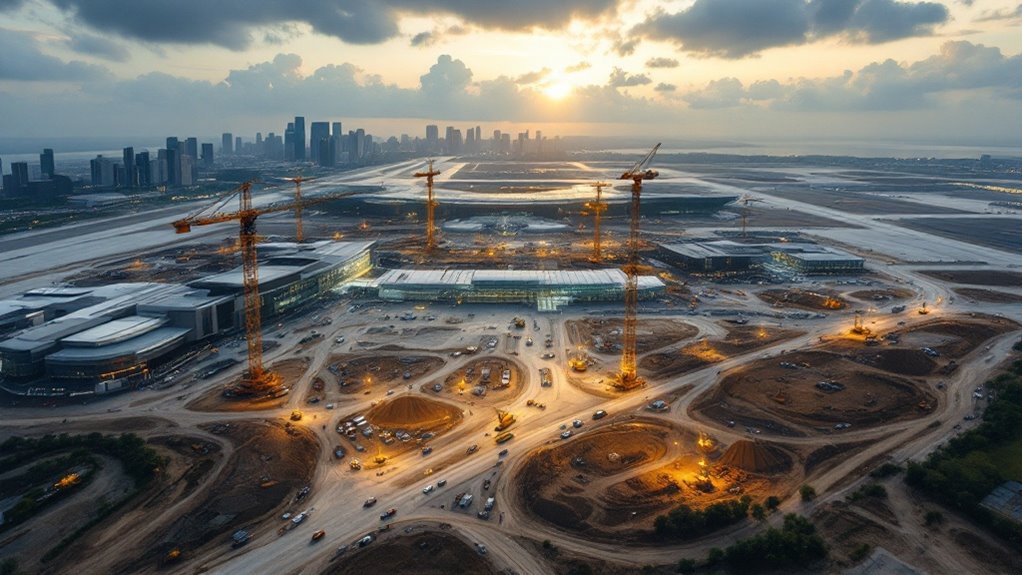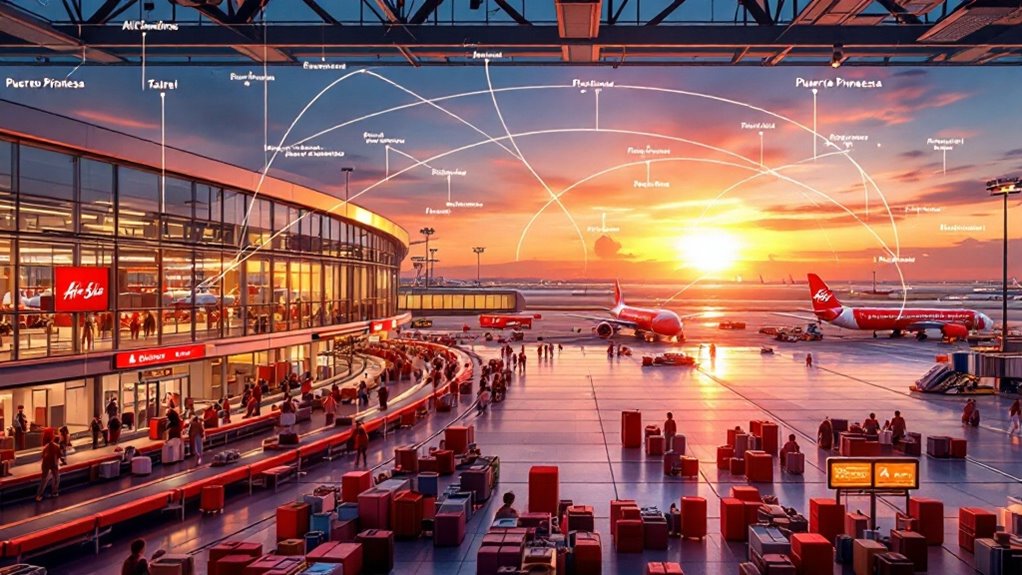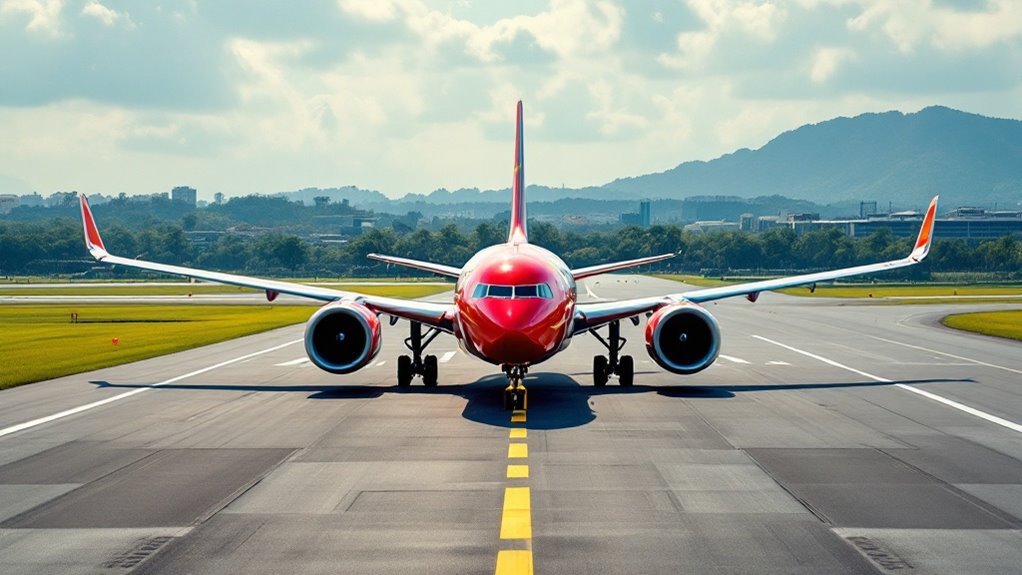Singapore Airlines is quietly transforming its flight experience using generative AI and automation, integrating over 250 use cases in just 18 months. AI-driven chatbots now provide personalized assistance for baggage, connections, and documentation, while advanced analytics optimize crew scheduling and predictive maintenance. Onboard, hyper-personalized recommendations enhance passenger comfort, and biometric systems streamline check-ins. Safety is strengthened by automated audits and predictive risk modelling. These technologies collectively elevate operational efficiency, customer satisfaction, and compliance—further details follow regarding their extensive impact.
Leveraging advancements in artificial intelligence, Singapore Airlines has rapidly transformed both its customer service and operational frameworks, integrating AI technologies across its global fleet and ground operations. The airline’s commitment to digital innovation is evident in its deployment of over 250 generative AI use cases within just 18 months, aimed at elevating the end-to-end customer journey.
Generative AI has enabled personalized customer interactions through advanced chatbots and automated systems, offering instant responses and tailored solutions. Salesforce’s Agentforce and Einstein AI are central to these improvements, with the former streamlining case management by autonomously assigning tasks, and the latter summarizing previous customer interactions to anticipate needs, greatly reducing response times.
Generative AI powers instant, tailored customer support with advanced chatbots and intelligent case management, anticipating needs and reducing response times.
Integration of Data Cloud allows Singapore Airlines to aggregate and analyze customer data from multiple sources, creating hyper-personalized recommendations for dining, entertainment, and services. Real-time sentiment analysis tools further refine in-flight offerings by continuously monitoring passenger feedback, while context-aware chatbots provide assistance for baggage, connections, and visa queries.
AI-powered biometric check-ins and luggage tracking streamline pre-flight processes at key hubs, reducing queues and traveler stress before boarding. As part of its collaboration with OpenAI, Singapore Airlines is working to enhance its AI-powered virtual assistant on its website, enabling more seamless and intuitive customer experiences. Operational efficiency has also advanced with over 50 AI-driven initiatives. Decision-making tools optimize crew scheduling and resource allocation, guaranteeing compliance with global aviation regulations.
Predictive analytics support cost reduction by enabling proactive maintenance and fuel optimization, while OpenAI models facilitate real-time problem-solving for in-flight operational bottlenecks. Automation of data analysis expedites complex resolutions for both flight operations and ground staff, improving on-time performance and reducing delays.
Crew productivity benefits from AI assistants providing instant access to passenger preferences and operational updates, as well as automated training modules that simulate high-pressure scenarios. Routine tasks, including scheduling and reporting, are now handled by AI, minimizing administrative work and empowering staff to resolve customer issues independently through AI-generated insights.
Internal collaboration is strengthened with language model-powered tools for knowledge sharing. Safety and regulatory compliance remain priorities, with AI conducting automated audits, incident reporting, and predictive risk modeling for weather and mechanical factors.
Multilingual AI translation ensures clear safety communications, while ethical frameworks enforce transparency and accountability in all automated decision processes.









